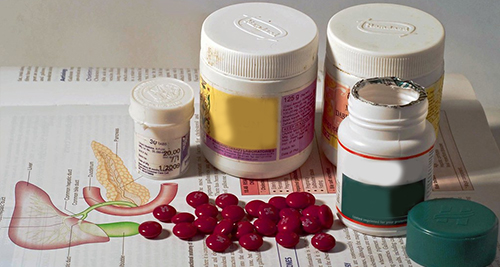Treatment Options for Bladder Stones
The treatment options for bladder stones focuses on removing the stones and addressing the cause to prevent recurrence. The size, number, and composition of the stones — as well as the patient’s overall health — determine the best treatment approach.
1. Drinking fluids (for very small stones)
- In rare cases, increasing fluid intake can flush out small stones — especially when they don’t cause significant symptoms
- Not usually effective if the stone is large or if there is urinary retention.
2. Bladder stone removal (surgical intervention)
A. Cystolitholapaxy (stone fragmentation and removal)
- The most common procedure.
- Doctors insert a cystoscope through the urethra to examine the bladder
- Doctors use lasers, ultrasound, or mechanical tools to break the stones into smaller pieces, then flush them out
- Usually performed under general or spinal anaesthesia.
B. Open surgery (cystolithotomy)
- Reserved for large or multiple stones, or when other bladder issues (like diverticula or tumours) are also present.
- Involves a small incision in the lower abdomen.
3. Treating the underlying cause
- Doctors may perform prostate surgery, such as TURP, when an enlarged prostate is the underlying cause
- If catheters or infections cause the stones, doctors must treat the infection or replace the catheter
- Neurogenic bladder may require long-term catheterisation with regular monitoring.
4. Antibiotics
- If a UTI is present, antibiotics are prescribed before or after surgery to reduce infection risk.
5. Pain management
- Paracetamol or NSAIDs may be used to manage discomfort during diagnosis or while awaiting surgery.
Public vs private care in South Africa:
- Most public hospitals can perform cystolitholapaxy, but access may be delayed in busy urology units.
- Private facilities offer faster intervention and advanced laser options.
Complications if untreated:
- Chronic infections
- Bladder wall damage or thickening
- Kidney damage from backflow (hydronephrosis)
- Urinary retention or incontinence
Treatment Options for Bladder Stones
Surgical treatment offers quick relief, and with proper follow-up, long-term outcomes are excellent.
👉 [Next: Preventing Bladder Stones and Living Well]


